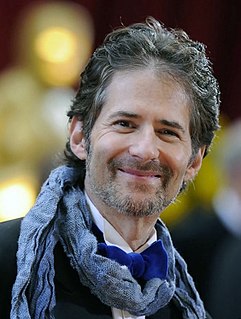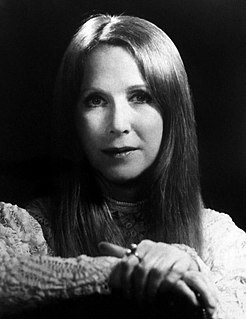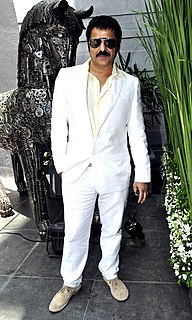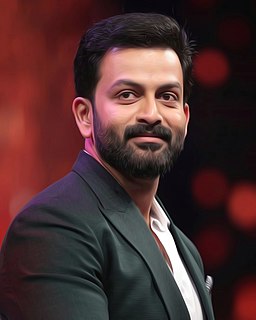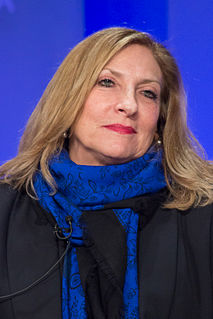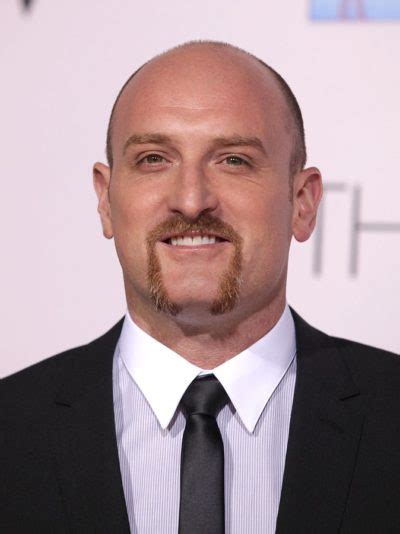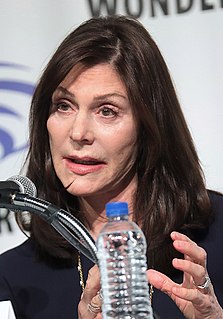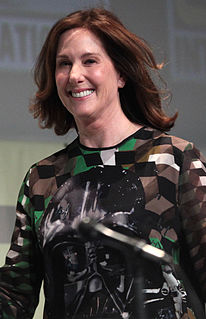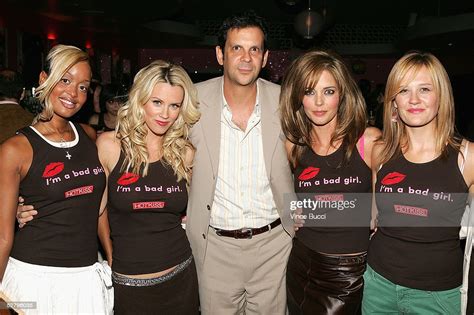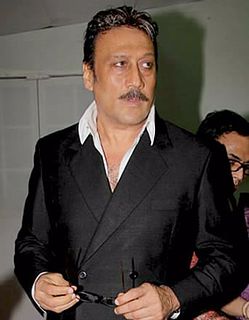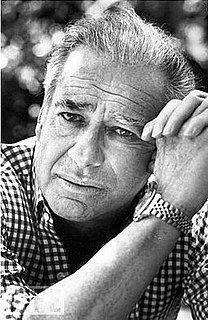A Quote by James Horner
I'm used to working with the director and producer, and that's my relationship. It's very simple.
Related Quotes
The producer can put something together, package it, oversee it, give input. I'm the kind of producer that likes to take a back seat and let the director run with it. If he needs me, I'm there for him. As a director, I like to have the producer there with me. As a producer, I don't want to be there because I happen to be a director first and foremost, I don't want to "that guy."
A lot of nepotism that exists, actually, exists outside this industry because in this industry, behind the camera a director's son becomes a director and a producer's son becomes a producer and that is still understandable that they are carrying their legacy but for actors, it is very very different.
Me and Kirby are very collaborative and it changes from film to film. The first project we worked on together, Derrida, we co-directed. The last film Outrage, I was the producer and he was the director. This film was much more of a collaboration - he is the director and I am the producer - but this is a film by both of us.
One of the good things is the relationship between director and editor used to be more contentious. Studios used to leave directors alone more during the post production process and now they're clamoring to get in. So, the director and the editor end up teaming up sort of against the studio to fight what they're doing and you lose the creative tension that you used to have between an editor and a director.
The producer, in effect, has to work as a translator. You form a very tight relationship with the director and writer from the beginning, and then you are constantly communicating to the various people that begin to come into the process, as you are trying to manage to hold on to a vision that needs to be communicated over a long period of time.
I think I'm an extremely conscientious producer and now equally as a director and it gives me the opportunity to look at the entire movie and really allow the movie to be the creative vision of the actors, the writer and myself, because I'm in charge of it from a producer and a director point of view.
To be a great director, what does it mean exactly? It's not only about a great director, but also about being able to rely on the very special chemistry that goes between them. It not only has to be a great director, but the great director has to make his relationship to you, the actor, very special.
